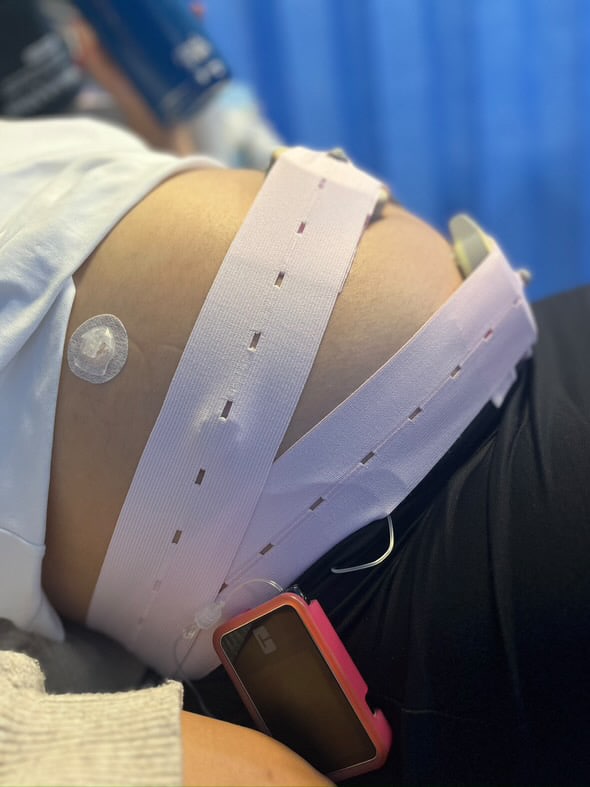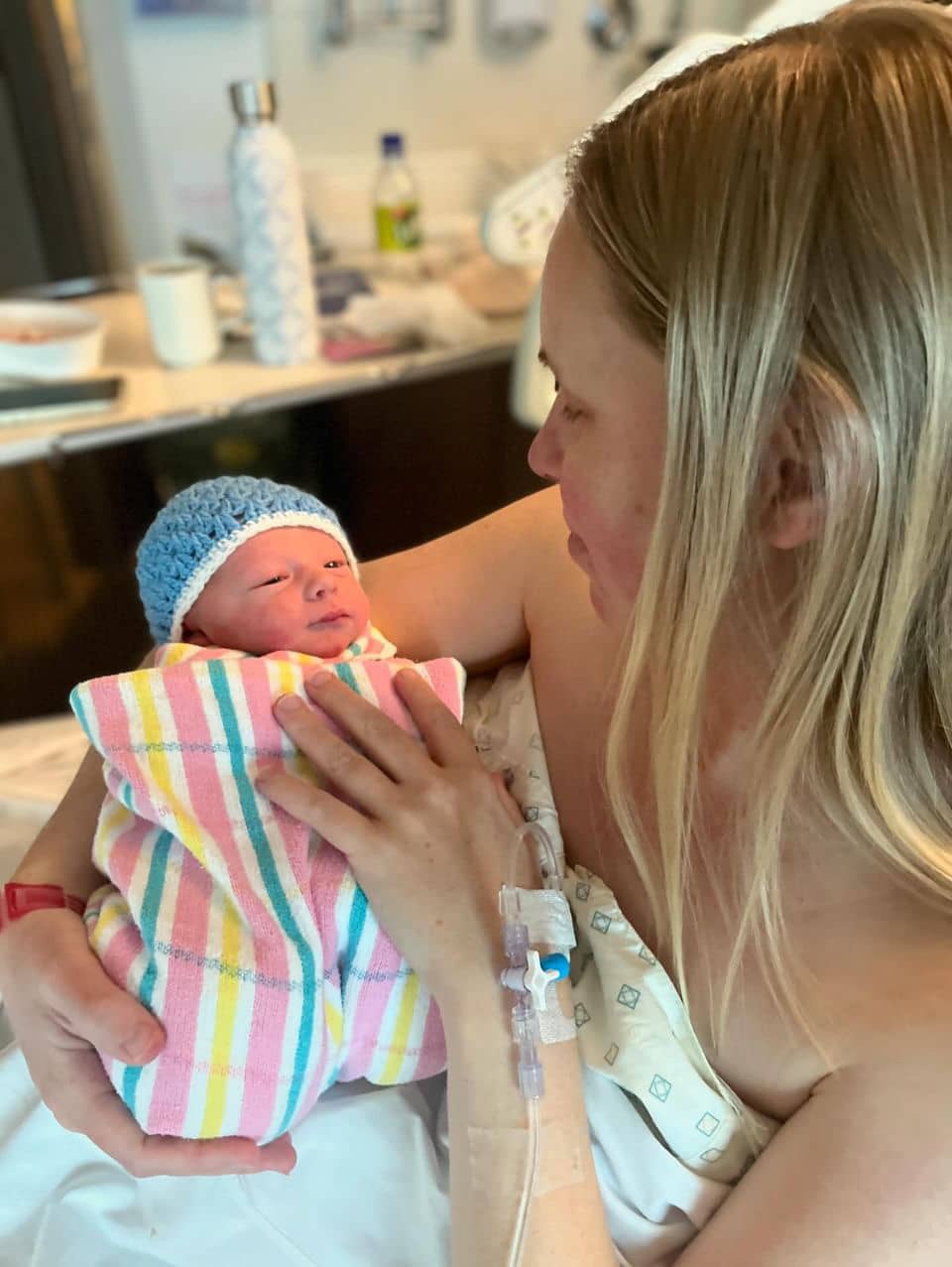Pregnancy Non-invasive Prenatal Testing (NIPT)
Non-invasive Prenatal Testing (NIPT)

Noninvasive Prenatal Testing (NIPT) is a blood screening test that determines the risk of your baby being born with certain chromosomal abnormalities, such as trisomy 21, trisomy 18 and trisomy 13. It’s commonly called the Harmony Test and is done at 10 weeks gestation. It’s also an opportunity to find out the sex of your baby earlier than an ultrasound. In these stories, women share the reasons why they opted to have a NIPT.
What is the non-invasive prenatal test (NIPT)?
A non-invasive prenatal test (NIPT) is a screening test aimed at low-risk women and involves a simple analysis of your blood. During pregnancy, some of your baby’s DNA will pass into your bloodstream through the placenta, and from ten weeks’ gestation it can be screened for your baby’s sex and chromosomal abnormalities.
What does it test for?
The NIPT screens for chromosomal abnormalities including Down syndrome (trisomy 21), Edwards syndrome (trisomy 18), Patau syndrome (trisomy 13) and Turner syndrome. While a NIPT identifies 99 per cent of Down syndrome cases, it is important to know that it’s a sensitive screening test, not a diagnostic tool. This means it can only tell you whether there is an increased risk of having a baby with these abnormalities, rather than giving you a definitive answer.
How long does it take to get NIPT results?
You can expect to get your results a few days after your test. If you receive high markers for any chromosomal abnormalities, you will be offered an amniocentesis, which is a diagnostic test that screens the amniotic fluid and can be performed after 16 weeks’ gestation, or Chorionic Villus Sampling (CVS), which involves taking a sample of tissue from the placenta and can be done after 11 weeks’ gestation. Genetic counsellors work closely with families who are navigating positive results from the NIPT and offer support by discussing your options and possible outcomes at length. If you and your partner don’t feel that you want to endure further testing, you have every right to decline.
At this point, you may like to work with your assigned genetic counsellors to learn more about your baby’s diagnosis, what you can expect for the remainder of your pregnancy, labour and birth, and how you can best prepare for your baby’s arrival. You may be cared for by a team specialising in high-risk pregnancies and, in most cases, you will be referred to paediatric specialists, who will help you understand the full picture of your baby’s diagnosis as well as how to navigate the first weeks and months of your baby’s life. Of course, there are always unknowns, as there are in each and every pregnancy.
How much does the NIPT cost?
The NIPT isn’t a standard pregnancy test and is not currently available for rebate through Medicare or private health insurance. If you are interested in getting it done, you’ll need to organise a referral from your GP or pregnancy care provider and you’ll pay roughly $400.
There are a number of reasons why your care provider may advise you to have the test, including:
- your combined first trimester screening test (ultrasound and blood test) showed you were at increased risk of having a baby with Down syndrome, or you weren’t able to have the first trimester screening test.
- diagnostic tests such as amniocentesis or CVS, which carry a small risk of miscarriage.
- you want to determine the baby’s sex in the first trimester.
Where can I get more information?
You can learn more over at Pathology Tests Explained and Raising Children
Categories
Related Products
-
Welcome to the First Trimester
11 reviews$67.00An informative and comforting 5-part audio course guiding you through the first 12 weeks of pregnancy.
Get your copy of our Perineal Massage Guide in your inbox
Keep Reading
We think you might enjoy these articles

The Emergency C-Section Checklist You’ll Be Thankful You Had

Pre-existing Diabetes and Pregnancy: What You Need to Know

Harnessing the Power of Acupressure: A Natural Approach to Preparing for Birth

Thoughtful Christmas Gifts for your Pregnant Friend.

What is Pre-eclampsia?

Non-invasive Prenatal Testing (NIPT)
@AustralianBirthStories
Follow along with us
@AustralianBirthStories
Follow along with us
@AustralianBirthStories
Follow along with us
@AustralianBirthStories
Follow along with us
@AustralianBirthStories
Follow along with us
@AustralianBirthStories
Follow along with us
@AustralianBirthStories
Follow along with us
@AustralianBirthStories
Follow along with us
@AustralianBirthStories
Follow along with us
@AustralianBirthStories
Follow along with us
@AustralianBirthStories
Follow along with us
@AustralianBirthStories
Follow along with us


